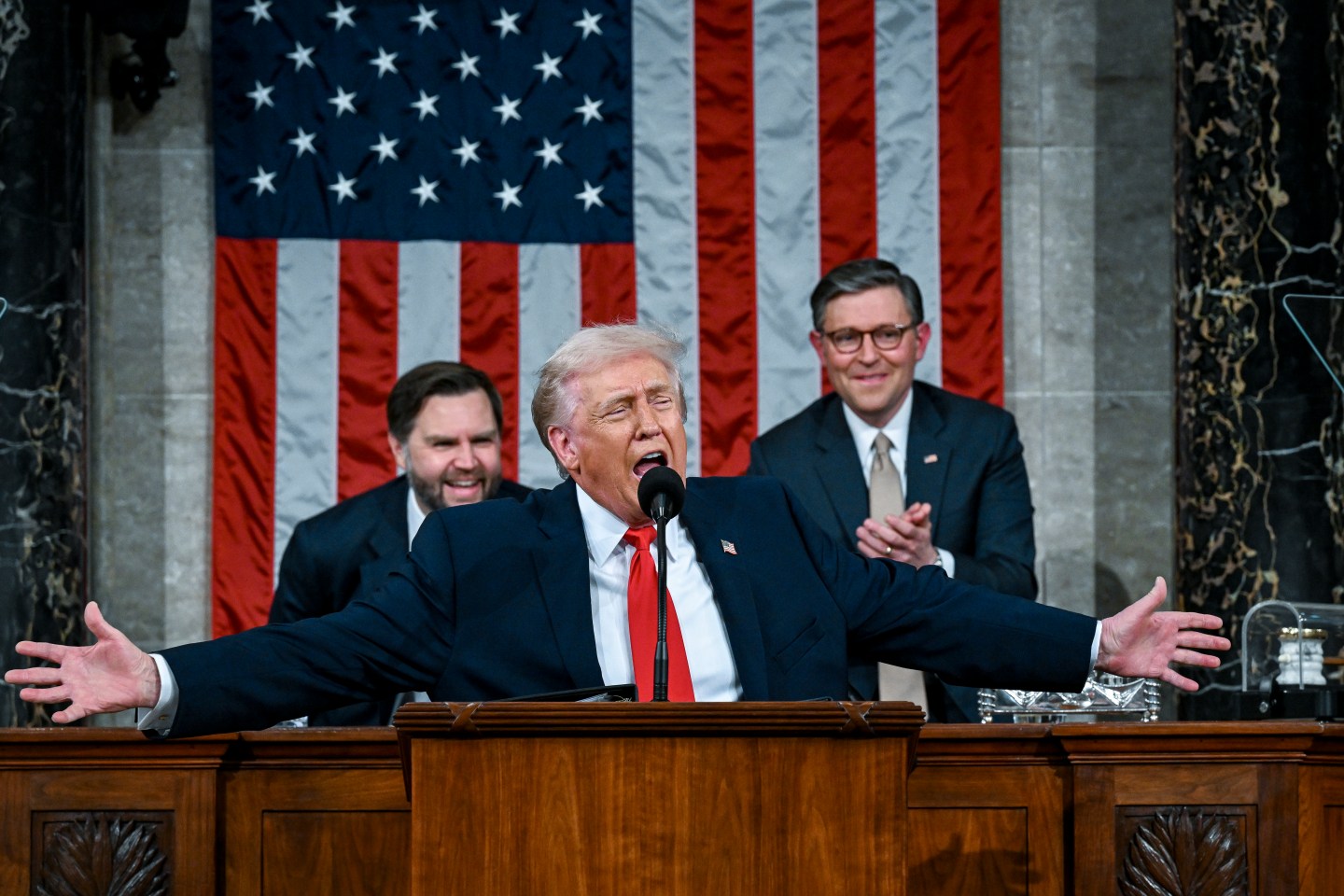Good morning. Happy New Year and welcome to 2025.
Nowhere are there more predictions than when it comes to AI. I asked five tech CFOs the following question: How do you think AI will continue to shape finance in 2025? Let’s dive right into what experts predict we’ll see in the coming year.
Scott Herren, EVP and CFO at Cisco
In 2025, we expect AI to significantly impact finance, with advancements in intelligent monitoring, forecasting, and document processing becoming more prevalent. As CFOs, we will take the lead in designing robust controls for AI use across our enterprises to ensure ethical and secure applications. While AI-driven productivity improvements will enhance operational efficiency, we must tackle the challenge of monetizing AI-enabled products.
Additionally, our existing IT infrastructure will struggle to keep pace with AI demands, necessitating strategic investments in technology upgrades. In essence, AI presents significant opportunities, and careful planning is essential to navigate its challenges effectively.
Dan Durn, CFO and executive VP of finance, technology services and operations at Adobe
In 2025, AI will drive efficiency improvements that empower finance professionals with the crucial insights they need much faster, speeding up execution and driving greater business impact within their organizations. AI will get better at answering analytical questions based on underlying company data, and AI agents will be able to take actions to manage mundane tasks.
With increased adoption, this has the potential to transform business intelligence and drive real productivity gains for workers. There’s already strong interest from employees on my team to use AI to enhance their work experience.
Zane Rowe, CFO at Workday
AI is poised to revolutionize finance, and CFOs will need to proactively adapt to stay ahead by strategically investing in AI. With over two-thirds of companies already using AI, CFOs can help identify the right opportunities, ensuring reasonable returns and responsible implementations. This includes reimagining the role of finance professionals, preparing them to leverage AI to automate routine tasks and free up time for strategic, high-impact activities. By empowering their teams with AI-driven insights and fostering a growth mindset, CFOs can help drive value through greater profitability and sustainable growth.
Chris Nagy, CFO at Salesloft
We are seeing many potent use cases for AI to drive operational efficiency including data classification, predictive and scenario analytics, fraud detection, compliance testing, and contract analysis. The challenge companies are facing in planning for AI-enabled operations is the choice between a full-company AI strategy, implementing AI point solutions, and leveraging AI features rolling out on incumbent corporate systems.
In 2025, company-wide strategies will likely not yet be possible due to the sheer amount of data preparation required. We are more likely to see the adoption of workflow-specific AI but only on a very targeted, well-vetted basis. Most AI efficiency will be based on corporate systems, and the selection process for corporate systems will increasingly be based on the AI roadmap.
Bill Koefoed, CFO at OneStream
AI-driven forecasting will transform how the office of the CFO approaches strategic planning, allowing finance teams to shift from reactive to predictive modeling to navigate evolving regulatory and economic landscapes. Over the next year, CFOs will increasingly leverage advanced analytics to simulate scenarios, anticipate financial disruptions, and identify growth opportunities.
By modeling potential outcomes, CFOs can stay ahead of potential challenges and proactively adjust supply chains, pricing models, and resource allocation to mitigate risks and optimize operations. This shift positions CFOs as forward-thinking strategists, using data-driven insights to guide organizations through uncertainty with agility, efficiency, and resilience.
Sheryl Estrada
sheryl.estrada@fortune.com
Leaderboard
Scott Ocholik was appointed interim CFO at The Shyft Group, Inc. (Nasdaq: SHYF) a specialty vehicle manufacturing company, effective Jan. 1. The appointment follows the previously announced resignation of CFO Jon Douyard. Shyft's Board of Directors is searching for a permanent CFO, considering both internal and external candidates. Ocholik has served as VP, chief accounting officer, and corporate controller since 2022, after joining Shyft in 2019 as VP and corporate controller. Before Shyft, he was EVP and CFO at Gestamp North America.
Felipe A. Corrado IV was appointed CFO and treasurer of AppTech Payments Corp. (Nasdaq: APCX). The company announced on Dec. 30 that Meilin Yu’s “Julia Yu” employment with and service as CFO and treasurer ended on Dec. 24, 2024. Corrado has served the company in various financial roles for about three years. He brings over two decades of experience as CFO, management consultant, practicing CPA, and auditor.
Big Deal
A recent Harvard Business Review article, “How Gen AI Is Already Impacting the Labor Market,” discusses research based on an analysis of over a million job posts for online gig workers. The purpose was to see what affect the introduction of tools like ChatGPT and image-generating AI have already had.
“Our findings show significant short-term job replacement after these tools were introduced, and that jobs prone to automation, like writing and coding, were the most affected by ChatGPT,” according to the report. “Our research also examines how competition, job requirements, and employer willingness-to-pay have changed to better understand how the online job market is evolving with the rise of gen AI.”
Going deeper
“Jimmy Carter was the first President to live to 100. Here are his 3 science-backed strategies for longevity,” a new Fortune report by Alexa Mikhail, shares some of former President Carter’s advice for living a long, fulfilling life.
Overheard
“We believe tech stocks will be robust in 2025 on the shoulders of the AI Revolution and $2 trillion-plus of incremental AI cap-ex over the next three years.”
—Wedbush Securities analysts wrote in a note to investors on Dec. 30.













